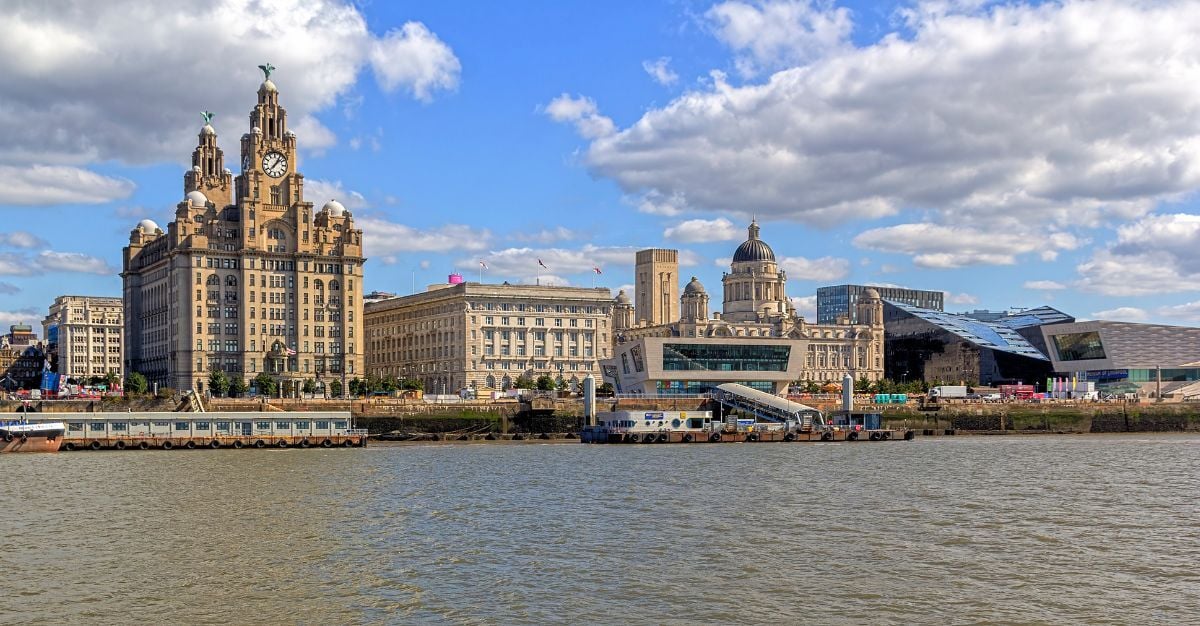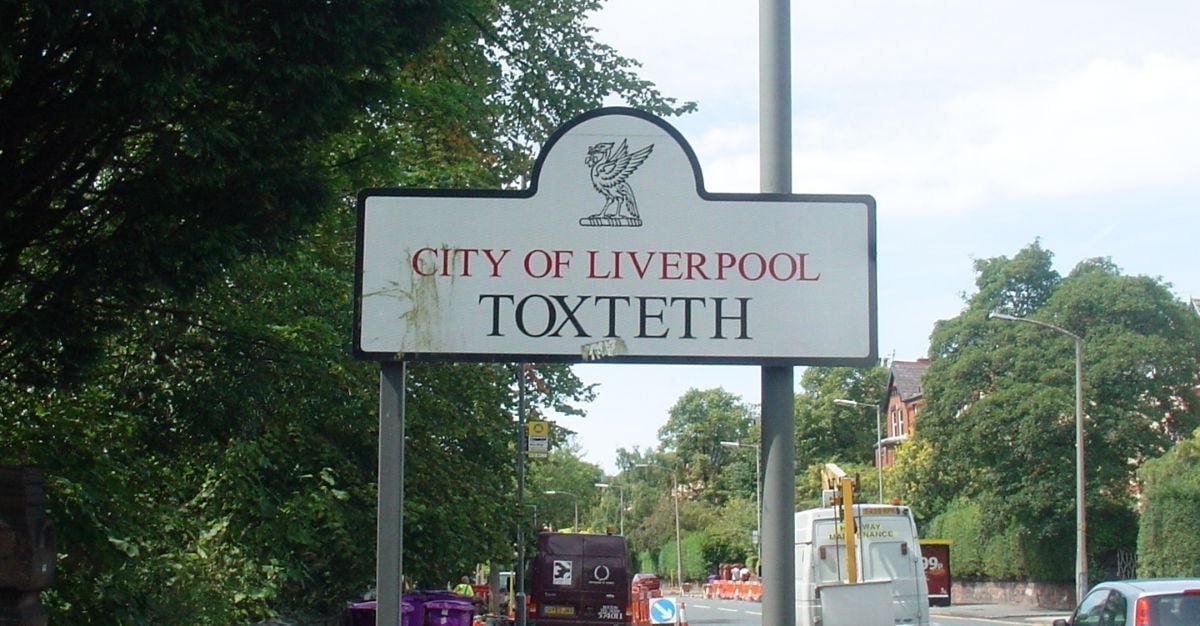Most people understand the business case for Diversity and Inclusion. Since McKinsey’s seminal study in 2012, it’s been well proven that representative workforces drive higher performing, more resilient, more creative, and more sustainable organisations.
Sometimes, of course, a communications brief lands on the desk that goes beyond fulfilling a simple business case. Because the human need and stark reality is staring us in the face.
Our co-founder Steve McNally worked on such a brief when he was asked to engage talent from Toxteth to work in the UK customs and excise hub in Liverpool. In the process, he created a campaign that won hearts, minds, awards - and quite a few headlines - for the honesty of its approach.
A new journey - and an old problem
I was a few days into my role as creative director of Bernard Hodes, getting used to the sound of Hammersmith traffic and a squeaky chair, when Mark the MD dropped a project brief on my desk - casually asking if I would like to accompany him the following Monday to Liverpool, to get involved in a ‘sensitive’ project for a very important client, HM Customs and Excise.
This felt like exciting stuff and my new boss explained that he would fill in the background properly on our drive to Liverpool. It was a journey I remember well, revealing as it did three of Mark the MD’s passions: 1) driving cars very fast 2) listening to 60s and 70s soul music while beating the rhythm on the steering wheel 3) creating a great campaign that would speak to the overwhelmingly Black and Chinese communities of Liverpool L8 (the postcode for Toxteth, a very special part of a very special city).

By the time we arrived on Merseyside, about an hour ahead of what was legally possible, Mark had indeed equipped me with all the information I needed to know about a desperate situation where the people of Toxteth associated any government department with harassment, victimisation and discrimination - resulting in very few people from L8 applying for the jobs available just a short distance away.
The next few days were to be both salutary and enlightening: engaging with a community that was proud and friendly, as well as fearful and frustrated - while seeing at first hand just how poorly represented Toxteth people were in the local workforce.
A community that had been forgotten
Our schedule began with a tour of the huge new customs and excise complex, a wonderful modern workplace, standing proudly on the dockside, in full view of everyone in that part of the city.
The site of the building, however, had a darker significance for some - it was here that Black African people were disembarked during the slave trade, many already dead or dying in their chains. And the story didn’t get much better that day. We were told that when full, the building would accommodate 1,500 people, including the current 800 employees. When we asked how many non-white people were amongst that 800, the answer left us stunned: ‘Three.” Two of those three people had served us in the canteen, so the extent of the problem was becoming crystal clear.
Listening to lived experience
We spent the next few days searching for a convincing employment narrative by talking with as many people as possible. Black community groups. Chinese community groups. Police community groups. School groups…to name but a few.
What came through loud and clear was an understandably deep distrust - and a feeling that no one really cared about the people of Toxteth. That it was a place many outsiders simply associated with the serious riots of summer 1981.

Looking around, we couldn’t help but feel massive empathy for the community who lived there. The place felt on the verge of becoming a no-go ghetto - there were still bomb sites from WW2, many houses were left empty, and only a couple of corner shops remained open. There were also literally zero poster sites or advertising hoardings, as if no one from ‘outside’ wanted to be seen there.
At the same time, Mark and I also sensed the community’s underlying willingness to bridge that disconnect - but only if a channel could open that offered respect and dignity. Honesty was everything. As one parent said to me, with pride in his eyes and a real warmth in his voice: “I want my boy to get a good job, but not because he’s Black. I want him to get that job because he’s good.”
Building a bridge through the truth
We came away from a week in Toxteth understanding that absolute authenticity was the only approach that could work. If we were to get the people of Toxteth to apply for the jobs at HM Customs and Excise they had to trust that their applications would be viewed fairly.
We also wanted to do the best we could for both the people of Toxteth and an employer who knew they had not done themselves full justice in that community.
By testing and refining a number of narratives with a wide range of community groups, we gave HM Customs and Excise the confidence to run an extremely honest series of headline messages. Provocative statements such as “We don’t employ enough Black people. What are you going to do about it?” explained that unless people applied, the employer couldn’t employ them.

And it worked. The story that we created brought in a record volume of applications, resulting in 28 people from Toxteth becoming employees in a few short months, through a campaign that won the Chartered Institute of Personnel and Development (CIPD)’s first-ever award for Best Diversity and Inclusion initiative. The positivity even generated high-profile spin-off features in the local, national and trade media, amplifying our messages and helping reach an audience in Toxteth and beyond.
I learned so much from the people of Liverpool L8 and a project that’s since helped me work on many high-profile inclusion programmes.
My three main Toxteth takeaways? That’s easy:
1. Understanding your audience is everything when creating your proposition.
2. Truth is all when communicating any message.
3. Always wear a seat belt when being driven by a man called Mark Jones.
If you'd like to see how WriteRecruit can help you speak authentically to diverse talent communities, book a demo now.
Toxteth sign image: Rept0n1x, CC BY-SA 3.0, via Wikimedia Commons